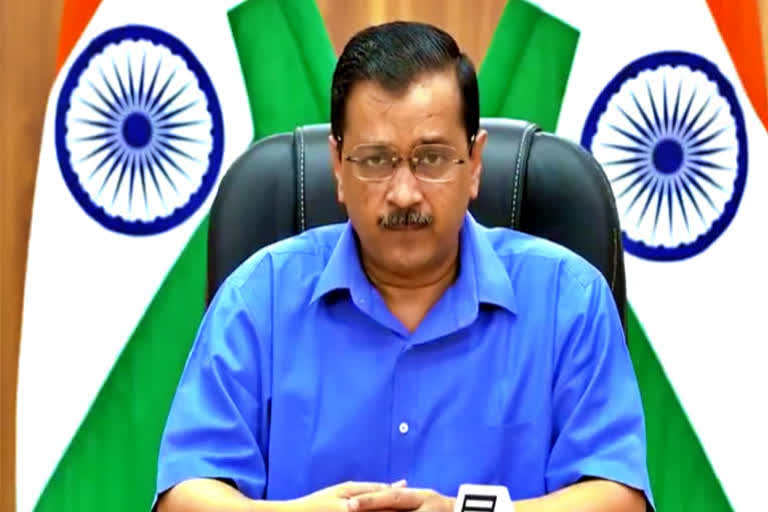New Delhi: In a first, the Delhi Disaster Management Authority (DDMA) on Sunday launched the Graded Response Action Plan (GRAP) to curb the possible 3rd Covid wave, under which curbs will be implemented in accordance to the severity of the situation in the national capital. Earlier, GRAP was ratified by the Lieutenant Governor of Delhi Anil Baijal on July 9 and comprises of a colour-coded response action plan. Delhi has become the first city in the country to implement this plan with immediate effect.
Meanwhile, Delhi had reported 66 COVID-19 cases and zero deaths due to the infection while the positivity rate stood at 0.10 per cent, according to data shared by the health department on Sunday. With the new cases, the tally of viral infection in the city so far has risen to 14,36,761. Of this, over 14.11 lakh patients have recovered from the disease. The death toll now stands at 25,066. On Saturday, the national capital had reported 72 COVID-19 cases with a positivity rate of 0.10 per cent and one death due to the infection.
What exactly is Graded Response Action Plan (GRAP)?
Graded Response Action Plan comprises of 4 alerts
Level 1: Yellow - Positivity rate 0.5% or new cases rise to 1,500 or oxygenated bed occupancy reaches 500. In Yellow alert (L-1) the response will involve allowing construction, manufacturing activities and the opening of shops and establishments of essential goods. However, shops and establishments of non-essential goods and services, and malls will open based on odd-even formula, from 10 AM to 8 PM. Only one weekly market per zone with 50 per cent vendors will be allowed to open, as per the draft plan.
Level 2: Amber - Positivity rate rises above 1% or new cases number 3,500 or oxygenated bed occupancy reaches 700. The next level of alert coded with 'Amber' colour (L-2) will invoke the same responses as 'Yellow' one except that malls and shops of non-essential goods and services will be allowed to open from 10 AM to 6 PM, as per the draft plan. In addition to night curfew, weekend curfew will also be imposed.
Level 3 :Orange - Positivity rate above 2% or new cases number 9,000 or oxygenated bed occupancy becomes 1,000. Under Orange alert (L-3) the response involves construction activities to be allowed with onsite labourers while industrial activities will be restricted except those related to essential commodities and defense production. Malls and weekly markets will be closed. Only standalone non-essential shops will open from 10 AM to 6 PM, as per the draft plan. In addition to night curfew, weekend curfew will also be imposed.
Level 4: Red - Positivity rate above 5% or new cases rise to 16,000 or oxygenated bed occupancy reaches 3,000. Under Red alert (L-4) there would be a complete curfew across Delhi. Apart from the above, a decision will be taken regarding domestic or inter-state travel depending on the need and situation.
